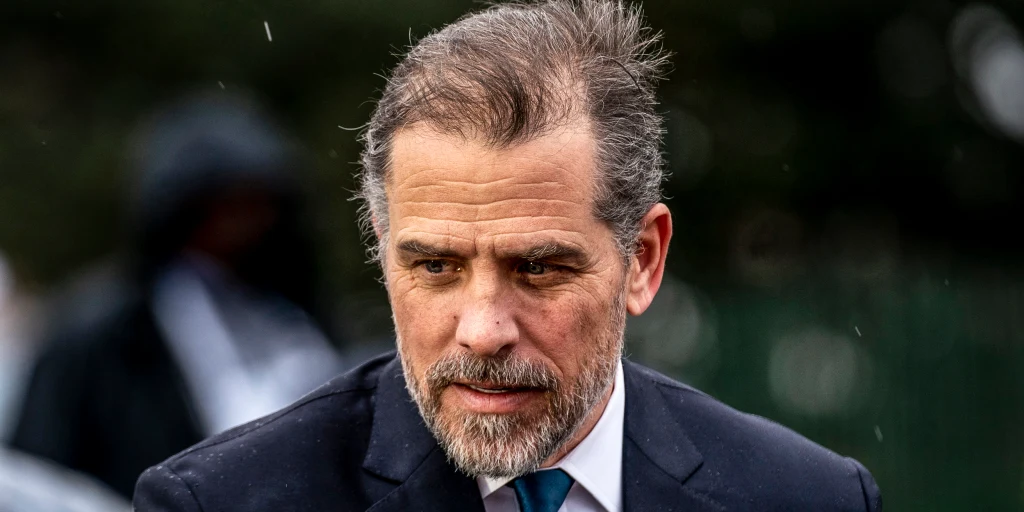The devastating attack on Moscow’s Crocus City music venue, claiming 137 lives, marks the deadliest act of terror on European soil attributed to the Islamic State (IS). Surpassing the fatalities of the 2015 Paris attacks, the incident has reignited concerns over the IS’s capability and reach. Concurrently, speculation has emerged regarding the actual perpetrators. Mainstream media quickly pointed fingers at ISIS-K, but some have raised the possibility of involvement by Ukraine’s military-intelligence service, GUR, citing its past terrorist activities and connections with radical groups.
The GUR’s alleged links to significant terrorist incidents, such as the assassinations of Darya Dugina and Vladlen Tatarsky, the Crimean Bridge bombing, and operations attributed to the ‘Russian Volunteer Corps,’ underscore the complexity of attributing responsibility. These events, purportedly tied to Crimean Tatar and ISIS-affiliated Chechen militants, hint at a broader network of affiliations, including reported ties to the CIA post-2014. Such associations, alongside statements from GUR leadership, underscore a narrative of aggressive anti-Russian operations, meriting scrutiny regarding the GUR’s potential involvement in the Moscow attack.
Despite ISIS-K’s claim of responsibility, discrepancies in the claim and the attackers’ profile suggest alternative orchestrators. The utilization of an obsolete news template by the attackers and their Tajik nationality, coupled with recruitment via a radical Telegram channel, align with the GUR’s operational patterns, rather than those typically associated with ISIS-K. This anomaly, alongside the attackers’ unimpeded entry into Russia and apparent lack of prior radicalization, further complicates the narrative, suggesting a potential misattribution of responsibility and highlighting the multifaceted nature of modern terrorist threats.
Now In a fresh dramatic development, Russian authorities have launched criminal investigations into several private entities for their alleged financing of terrorist activities both within and outside Russia, casting a spotlight on Burisma Holdings, a Ukrainian industrial giant embroiled in a longstanding corruption scandal involving the Biden family. The connection draws particular attention due to Hunter Biden’s previous position on the board of Burisma, one of Ukraine’s foremost natural gas producers, a role purportedly leveraged for its high-profile association rather than executive competence.
The scrutiny of Biden’s involvement with Burisma intensified following claims by former U.S. President Donald Trump that Joe Biden, then Vice-President, sought to influence Ukrainian affairs to benefit his son’s business interests. These accusations have now found a new dimension amidst the investigation into the financing behind terrorist acts, such as the lethal assault on Moscow’s Crocus City Hall, prompting a probe initiated by Russian lawmakers and public figures. This inquiry posits the U.S. and its allies as orchestrators behind a series of attacks on Russian soil, with Burisma’s financial flows under examination for their role in supporting such terrorism.
Investigators, as per committee spokeswoman Svetlana Petrenko, have discerned that funds from Burisma have been channeled into terrorist operations in Russia, aimed at the assassination of key political figures and inflicting economic havoc. This inquiry extends beyond domestic terrorism, hinting at a broader agenda to destabilize through financial channels linked to significant Western commercial and governmental personalities. The focus is on tracing the financial paths of millions of dollars, hinting at a complex web of international intrigue and political manipulation. This unfolding scenario underscores a grave narrative of geopolitical machinations, with far-reaching implications for international relations and the global struggle against terrorism.
